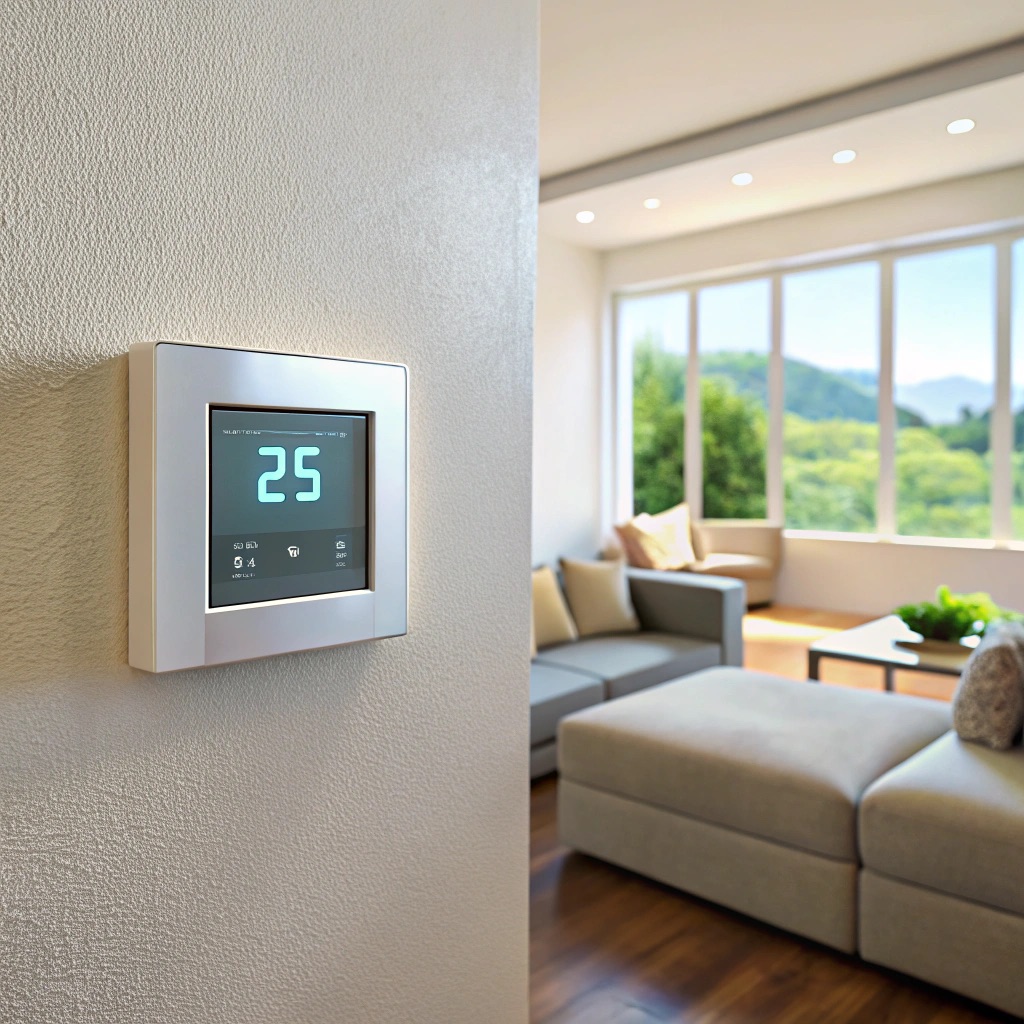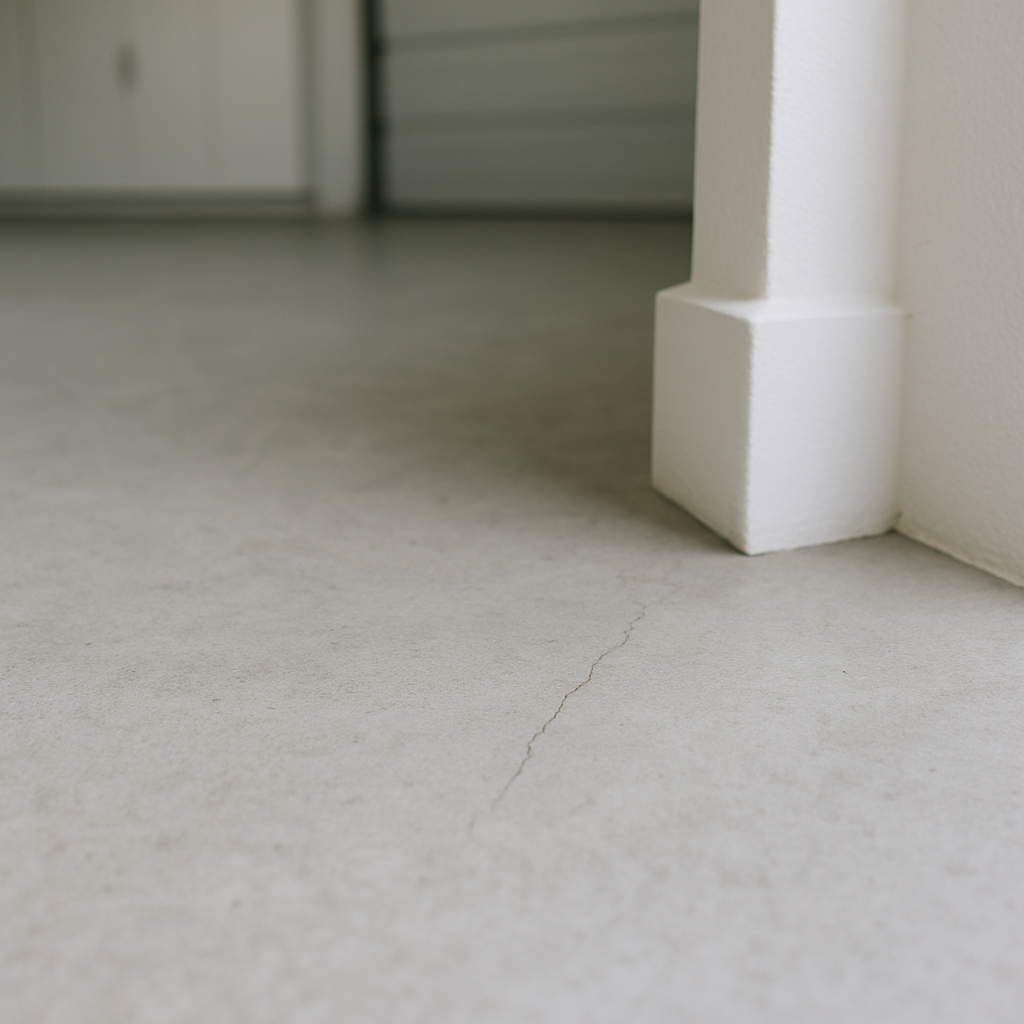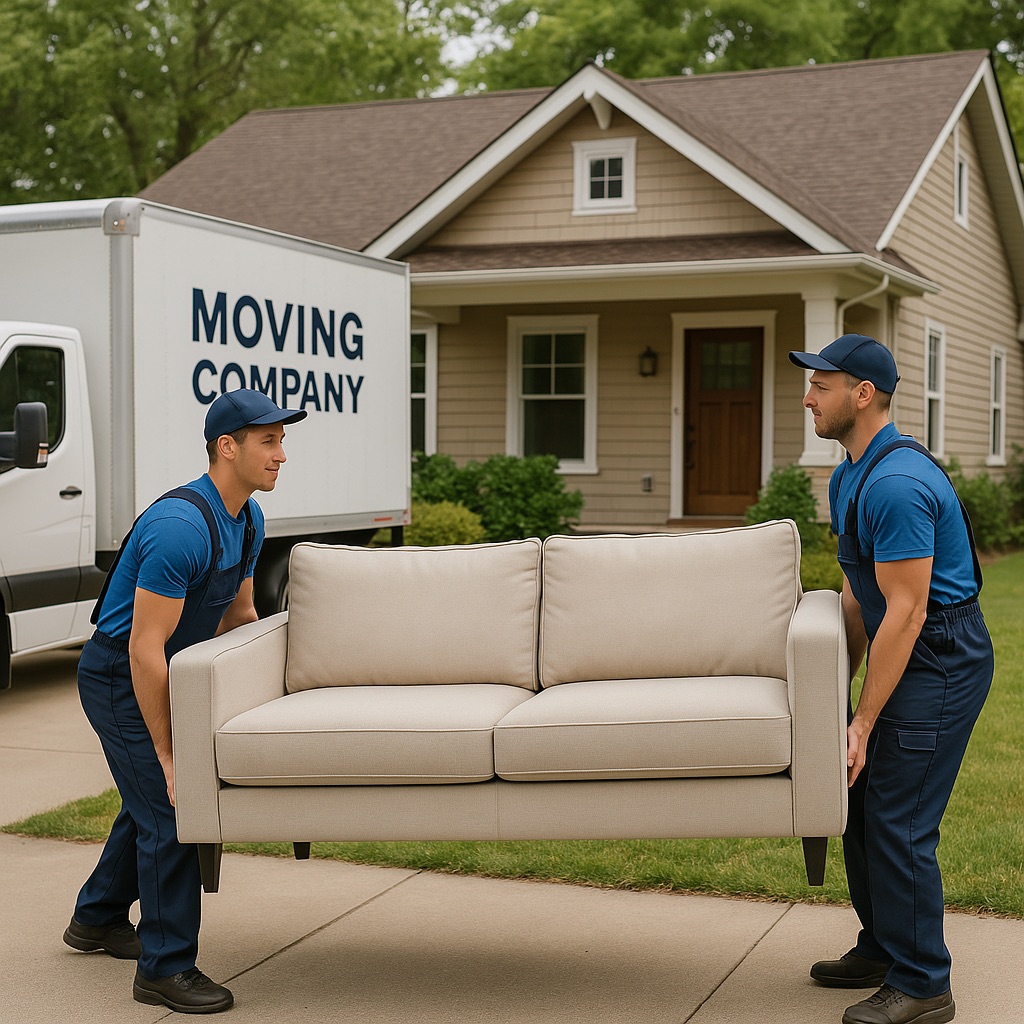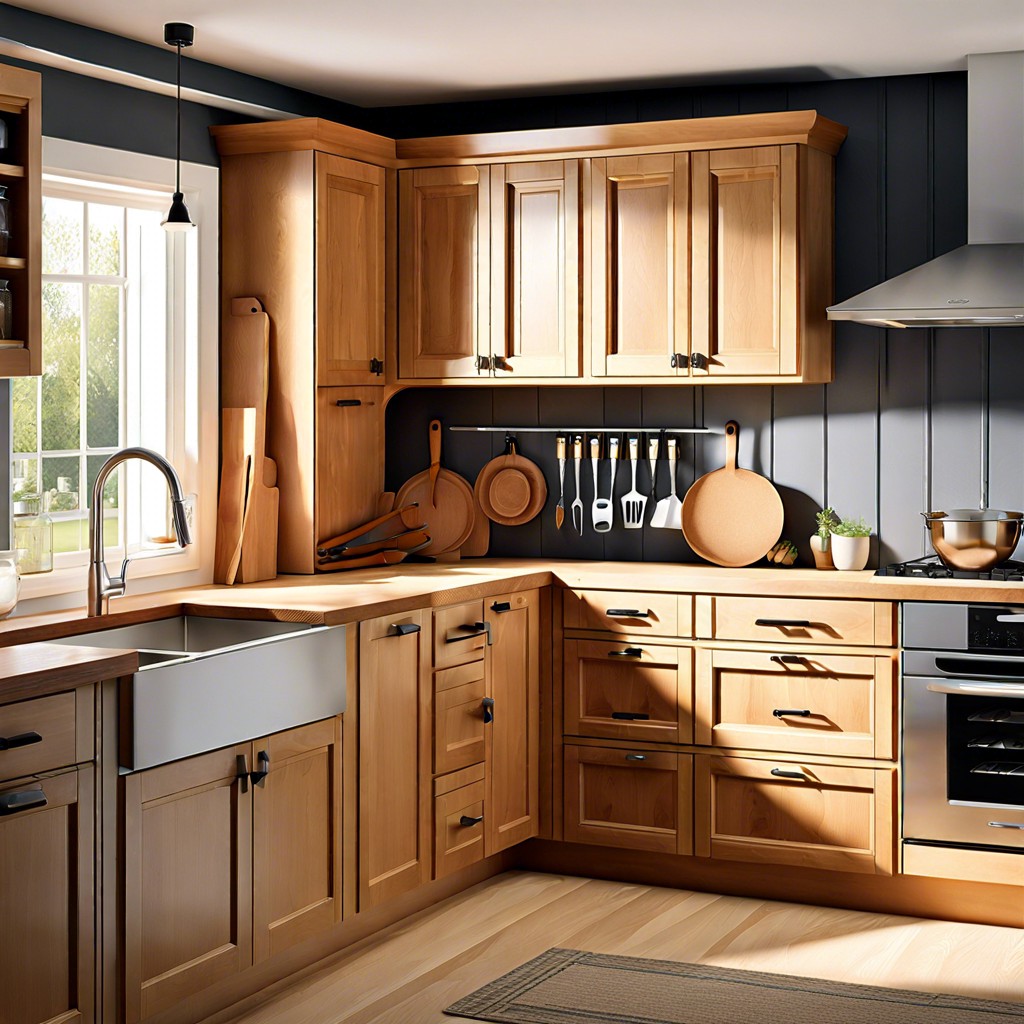Last updated on
It’s the most important question to ask before you pull the plug and go for epoxy countertops? Do they scratch easily and is it worth it? Let’s find out.
Epoxy countertops might seem like a great option if you like DIY projects and want something truly one-of-a-kind for your kitchen. But do epoxy countertops scratch easily? In this post, we’ll answer this question and more to help you decide whether a countertop made from resin is durable enough for your home.
What's Inside
What Are Epoxy Countertops, Anyway?
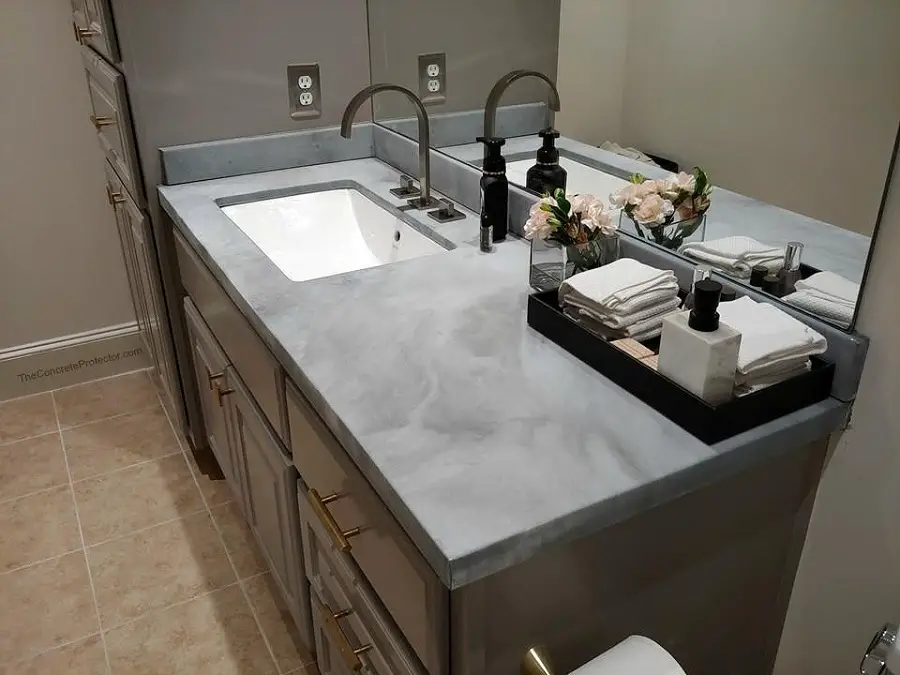
Unlike most kitchen surfaces that come in pre-finished slabs, epoxy countertops come in kits. These kits consist of a resin-based formula that you apply on top of your existing countertop.
As this countertop company outlines, the process can be quite messy and prone to errors. You’ll need to sand down your existing countertops, prime it, and thoroughly mix the epoxy formula. The application phase is particularly nerve-wracking since each brushstroke produces a permanent mark on your countertop.
There’s no denying that the results can be stunning, though; epoxy countertops can be made to resemble materials like marble (check this project out, for example) at a fraction of the cost.
Unless you have experience painting or doing similar home projects, though, you’re unlikely to achieve results like this on your first try.
Hence why the process is primarily chosen by people who have prior experience and/or are open to the idea of having to make multiple attempts until they get it right.
Do Epoxy Countertops Scratch?
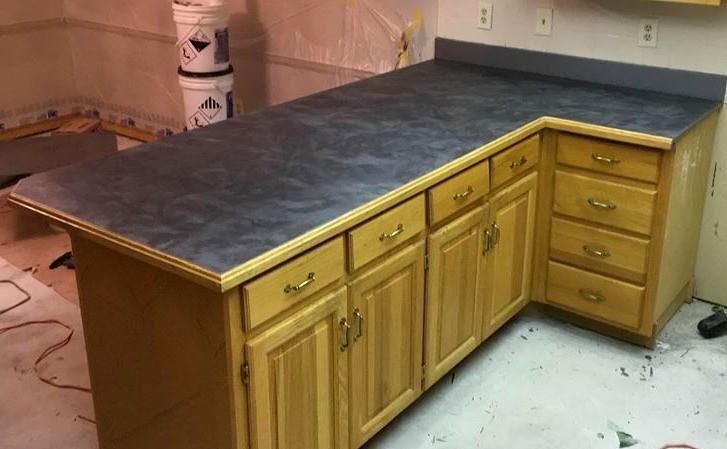
Simply put, yes. Even the highest-grade epoxy will collect scratches over time. But do epoxy countertops scratch easily?
Unfortunately, the answer is also yes. While mineral-based countertop materials (like quartz) rank high on the Mohs hardness scale, epoxy is quite susceptible to damage from stainless steel utensils.
One owner even reported that moving pots and pans around on her epoxy countertop produced scratches.
Therein lies the weak point of epoxy countertops. At face value, they seem like an unreal bargain, costing substantially less than natural stone countertops while offering similar aesthetics. After you’ve lived with them for a while, though, you’ll find that promise was a bit too good to be true.
Repairing Scratches in Epoxy Countertops
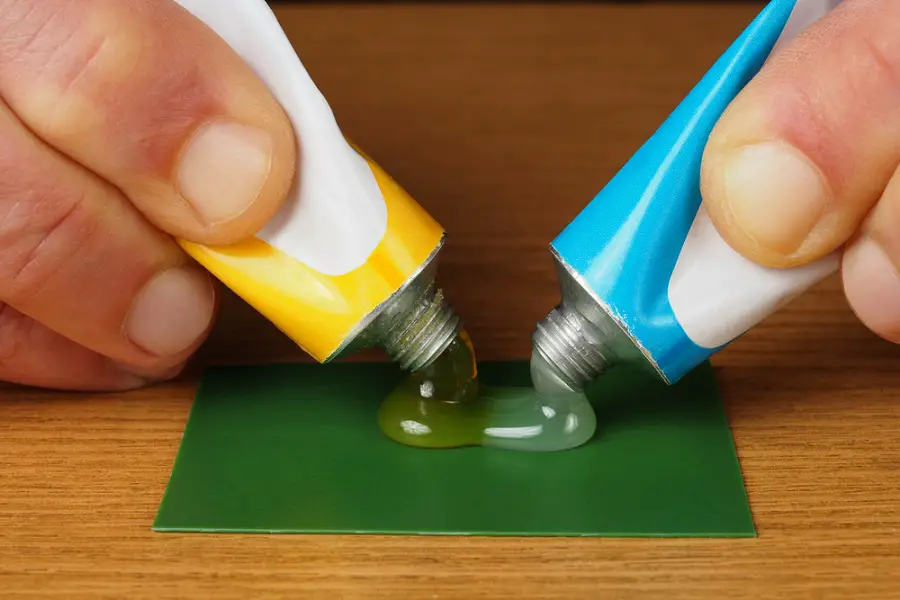
It’s not all bad news, though. Epoxy’s relative softness also means that you can polish scratches out. People usually do this using furniture polish on the affected area. It only works with light scratches, though; deeper marks will require sanding.
As with polishing anything, you’ll eventually start eating away too much material. This will become particularly evident if the scratches are on the countertop’s edge, which will become more rounded and/or jagged with time.
You may also find that you begin to wear away the more shallow paint marks in your countertop, ruining its look.
The alternative, of course, it to live with the scratches until you’re able to replace the countertop.
Other Issues with Epoxy Countertops
It’s Tough To Find A Good Kit
With pre-made countertops, you can visit a warehouse and inspect the slab for yourself before buying. Epoxy countertops offer much less predictable results.
There are countless epoxy kits on the market, which means you can’t necessarily take one reviewer’s experience as indicative of what yours will be. It all depends on what epoxy kits are available at your local home hardware store.
Epoxy Stains Easily
Not only do epoxy countertops scratch easily. They also stain a bit easier than materials like quartz. Certain epoxy products may be prone to discoloration over extended periods, which can leave your countertop looking dirty as it ages.
Epoxy is Not Very Heat-Resistant
Most epoxy countertop kits are rated to withstand temperatures lower than 150 degrees. If you expose your epoxy countertop to temperatures higher than that (say, from placing a hot pan directly on the surface), it will actually become rubber-like.
While you might think the surface would revert to its hard nature once it cools, that’s not always true. Sometimes certain spots can stay rubber-like, which will cause further scratches and dents.
So Are Epoxy Countertops Worth It?
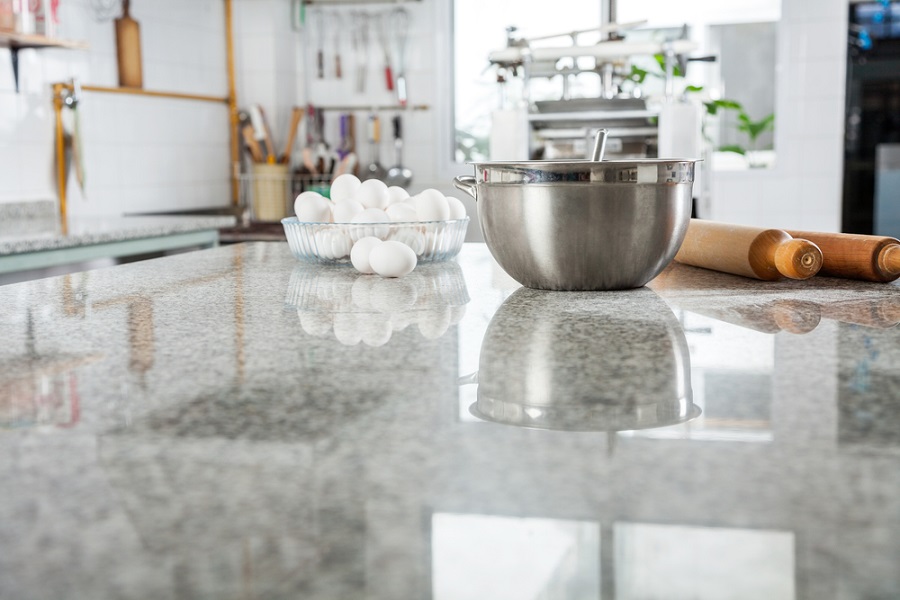
These downsides shouldn’t necessarily put you off epoxy countertops forever. In fact, there are active online communities of DIYers who produce their own custom epoxy mixes in order to overcome the limitations of store-bought formulas.
If you’re the type of person who loves tinkering and DIY home improvement projects, you probably won’t find something as satisfying as epoxy.
Not everyone is up for that, though. Some people would rather direct their creativity towards their overall kitchen design. With this strategy, you can let professionals focus on the nitty-gritty (such as producing a good countertop) while you oversee things.
If that’s your preference, you’ll get much more satisfying results from going with a pre-made countertop material like quartz. This will also cost you less than hiring a professional to create an epoxy countertop for you, which can run about $100-$200 per square foot.
